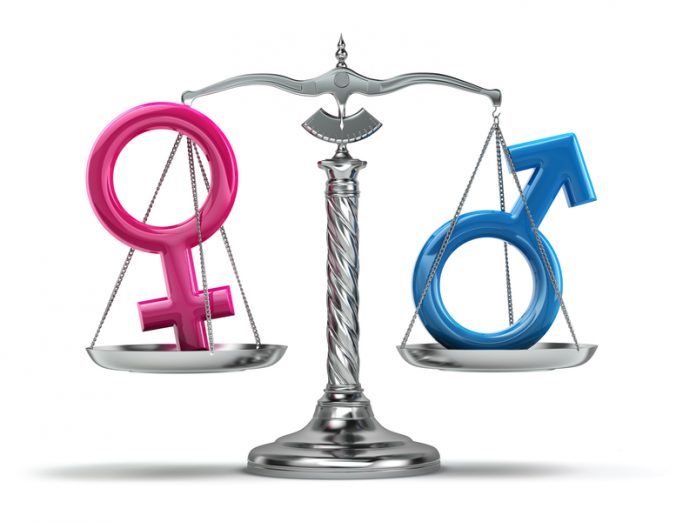Natalia Dave, Scientific Project Manager and Isabelle Vernos, Group Leader & ICREA Research Professor, Centre for Genomic Regulation outline how LIBRA tackles gender imbalance in European life science research
Capturing and retaining talent is key to fostering a knowledge-based society. Yet we are failing to achieve this goal by not allowing a pool of talent – namely women – to reach its full potential. Indeed, the ratio of women to men progressively decreases along the career ladder, with few women reaching top positions in research and decision-making bodies. Despite improvements in awareness and policies that have been implemented to redress this imbalance, progress is overly slow, such that positive action is needed. The issue is highly complex and comprises multi-dimensional factors ranging from the general cultural framework of societies to numerous more specific—and more addressable—problems. However, addressing these problems with innovative actions first requires that we better understand them. To tackle both of these steps, thirteen top European life science research institutes from the EU-LIFE alliance— 12 as partners and 3 as associated partners, located in 12 countries (Figure)—teamed with gender experts of ASDO (Italy) to design the ambitious LIBRA project. LIBRA, which is coordinated by CRG (Barcelona), has been funded by the European Union from October 2015 to March 2018. The project will benefit from guidance from a board of internationally renowned gender-in-science experts: Ineke Klinge, Kurt Rice and Ines Sánchez de Madariaga.
LIBRA aims to remove institutional barriers and empower women to be as successful as men in their research careers on a European-wide scale. In an initial phase, the current status and policies in place for each partner institute will be assessed at the group and individual levels. The results from this will provide an excellent snapshot of issues underlying gender imbalances at the top positions in European life science research institutes. LIBRA will also obtain realistic data about the degree of implicit bias towards gender issues amongst the research institute employees and scientists in the 10 partner institutes from an implicit association test (IAT).
Gender Equality Plans
In a second phase, LIBRA will design and implement 10 harmonised and institute-tailored Gender Equality Plans (GEPs) based on a process of mutual learning and idea exchanges. The goal is to introduce long-lasting, profound structural changes to these research environments.
Overall, LIBRA will address 4 main areas of intervention for improvement or implementation:
1. assuring gender-neutral recruitment policies and procedures;
2. measures and activities to promote career development and training;
3. providing a good work-life balance environment, and;
4. including sex and gender dimensions in research.

Figure legend
The 13 European life science research institutes from the EU-LIFE alliance that are involved in LIBRA are shown on the map. These are: CRG (Centre for Genomic Regulation), Spain; CeMM (Research Center for Molecular Medicine of the Austrian Academy of Sciences), Austria; IC (Institute Curie), France; BI (Babraham Institute), United Kingdom; IEO (European Institute of Oncology), Italy; BRIC (Biotech Research & Innovation Centre), Denmark; FMI (Friedrich Miescher Institute for Medical Research), Switzerland; MDC (Max Delbrück Center for Molecular Medicine), Germany; CEITEC (Central European Institute of Technology), Czech Republic; NKI (The Netherlands Cancer Institute), Netherlands; VIB (Flanders Institute for Biotechnology), Belgium; FiMM (Institute for Molecular Medicine Finland), Finland; and IGC (Instituto Gulbenkian de Ciência), Portugal. Sizes of dots reflect the proportional number of staff at each institute.
Natalia Dave
Scientific Project Manager
Centre for Genomic Regulation
+34933160182
natalia.dave@crg.eu
Isabelle Vernos
Group Leader & ICREA Research Professor
Centre for Genomic Regulation (CRG)
+34933160277
isabelle.vernos@crg.eu
Please note: this is a commercial profile











